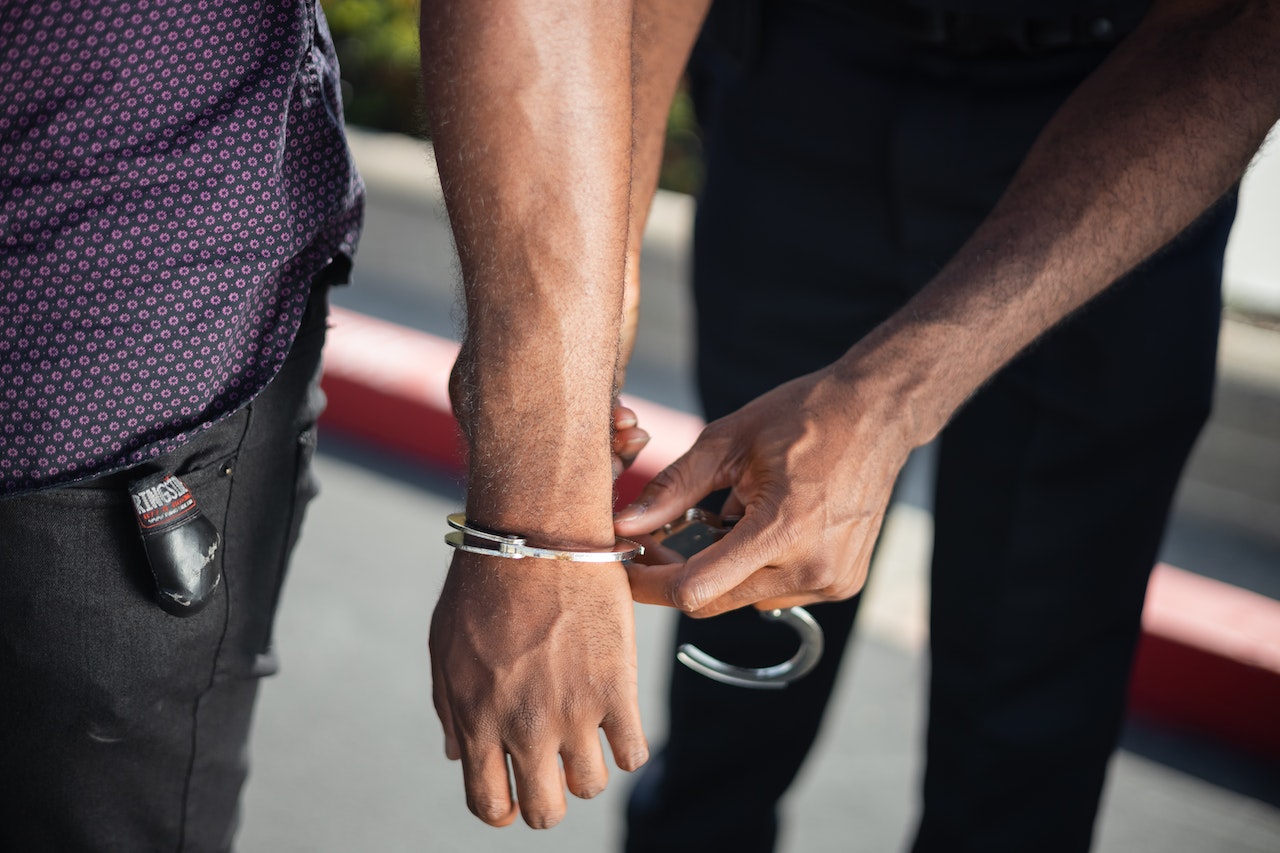
Even if you have the cleanest criminal record and do everything possible to follow the law, you could still find yourself in trouble with the police. If an officer has probable cause to arrest you, you must be aware of your rights and responsibilities to avoid additional problems that could worsen your situation.
1. Your Miranda Rights Should Be Read
If a police officer wants to take you into custody and question you about an alleged crime, the officer should read you your Miranda rights at the time of apprehension. The Fifth Amendment of the U.S. Constitution guarantees this right, and your answers shouldn’t be used as evidence against you in court if an officer failed to read you these rights at the proper time. The right to remain silent, which is the first of these rights, should definitely be exercised until you have the chance to speak to a defense attorney to avoid self-incrimination.
2. The Authorities May Lie To You
It is legally permissible for the police to lie to you to try to get you to confess to a crime. An officer might tell you that there is overwhelming evidence against you when little to none exists or that an eyewitness saw you commit the crime even though this may be untrue.
You shouldn’t admit to anything regardless of whether or not you committed the offense until your court hearing and only if your attorney advises you to confess. Even though the police can lie to you, you could find yourself in much deeper trouble if you lie to an officer.
3. You Must Be Charged Within A Certain Time Period To Remain In Custody
The police can’t hold you in jail indefinitely without a formal criminal charge. In California, police can only hold suspects in custody for up to 48 hours without any charges being filed. However, people who are suspected of a more serious crime like murder may be held for up to 96 hours or longer without a criminal charge. You may also be held up to two weeks in custody without any formal charges if you’re suspected of engaging in terrorism.
4. A Bail Bond Can Get You Out Of Jail Faster
If you’re able to post bail and pay for your release from jail until your trial, you won’t have to wait long behind bars before you see a judge. However, you might not have the money to post your own bail, and a bail bond can be used to secure your release. If you’re in Southern California, an agency that issues Los Angeles bail bonds can pay for a surety bond that covers your bail amount, and the money will be repaid to the agency when you show up for court.
You’ll be able to wait at home and return to your normal life until your trial, but you must promise to show up for court. If you fail to show up for your court hearing (also known as skipping bail), the bail agency may put a warrant out for your arrest and issue a bounty to recover the money that they posted for bail on your behalf.
5. House Arrest May Be An Option
An arrest doesn’t always have to result in going to jail, and you might be able to serve part or all of your sentence at home if you’re given the option of house arrest. This privilege is usually only granted to non-violent offenders for crimes like DUI or simple drug possession.
You’ll be required to wear a monitoring device so that the authorities can track your movements and know if you’re leaving your home unauthorized. You may still be allowed to go to certain places, such as the grocery store or doctor’s office, but going to other unauthorized places will likely result in your detention in jail.
6. Resisting Arrest Could Land You In Bigger Trouble
Even if you know you didn’t commit the crime and have been wrongfully accused, it’s important to comply with the officer and not resist arrest if you’re taken into custody. If you try to attack the officer or resist getting handcuffed, you’ll likely face more criminal charges that could result in a lengthy prison sentence even if you’re cleared of the initial charge that prompted your arrest.
7. You Might Be Able To Sue For Excessive Force
If police officers used more force than was necessary to arrest you safely, you may be able to file a lawsuit against the police. Suing the police is sometimes difficult because of immunity laws, but you might be entitled to sue if the excessive force resulted in personal injuries or a loss of property.
Medical records and any eyewitness testimony can be used as evidence to make your claim more credible. Punitive damages could also be awarded to you by a judge if an arresting officer’s force is deemed excessive.
8. Your Religious Freedom Should Be Respected
You shouldn’t have to give up your right to adhere to certain religious principles even if you’re arrested and held in jail. Most jails and prisons in the U.S. offer kosher and halal meals to inmates who must adhere to these diets for religious reasons.
You may also still be able to wear certain jewelry pieces while you’re behind bars as long as the pieces have religious symbols that represent your faith. You additionally shouldn’t have to commit to a faith-based parole program if you’re an atheist or the principles of the program don’t coincide with your religious beliefs.
Bottom Line
Getting arrested can be a scary and bewildering experience for anyone. By knowing what to do during and after your arrest, you’ll be able to manage your situation better.


